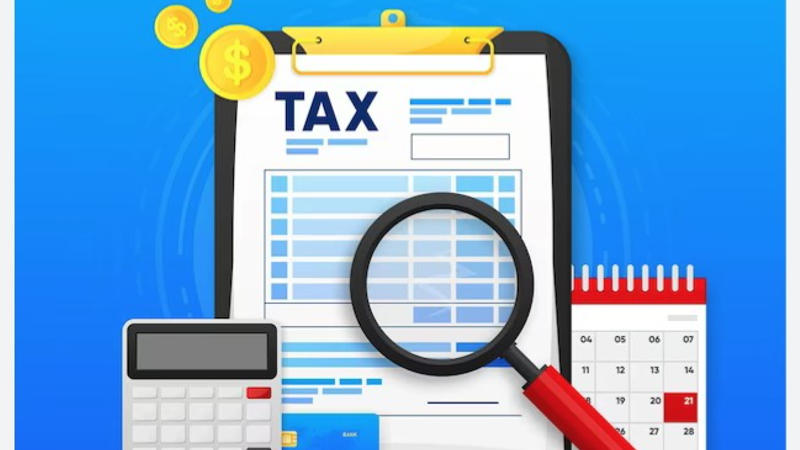Published 14:59 IST, July 25th 2024
Govt will simplify Income tax act's language and presentation, says CBDT Chief
CBDT chief has stated that the goal is to make the Act simpler to understand and use.

Tax simplification: The Union Budget 2024 has initiated a comprehensive review of the Income Tax Act, 1961, aiming to make the complex law simpler and more user-friendly for taxpayers. CBDT Chairman Ravi Agrawal emphasised this during a post-budget interview, highlighting the necessity of aligning the Act with modern technology and making it more accessible.
The current Income Tax Act, originating in 1922 and restructured in 1961, now encompasses 298 sections and 23 chapters. Over the years, it has accumulated redundancies, making it cumbersome and challenging for taxpayers to navigate.
Simplification Efforts
Agrawal stated that the goal is to make the Act simpler to understand and use. "The taxpayers feel the Act is not as simple as it should be. The attempt is to simplify it in terms of language and presentation," he said.
Technology Integration
With technology becoming integral to tax administration, Agrawal mentioned the importance of aligning the Act's provisions with technological advancements. "We are working towards making the Act more user-friendly and comfortable for taxpayers to understand," he added.
Improvements and Updates
The review aims to identify and eliminate redundancies, ensuring the Act is concise and easy to read. This will reduce disputes and litigation, providing greater tax certainty for taxpayers.
Union Finance Minister Nirmala Sitharaman, in her budget speech, announced the comprehensive review, emphasising the need to make the Act concise, lucid, and easy to understand. She highlighted that simplifying the tax regime for charities, TDS rate structure, reassessment provisions, search provisions, and capital gains taxation is the beginning of this effort.
Benami Transactions Prohibition Act
The budget proposes granting immunity from penalty and prosecution to 'benamidars' (those in whose name benami assets are held) to improve conviction rates under this law. Enacted in 1988 and implemented in 2016, the Act aims to combat benami properties, where the real beneficiary is not the one in whose name the property is purchased. Convictions can lead to up to seven years of rigorous imprisonment and fines up to 25 per cent of the property's fair market value.
Faceless Assessment Regime
Agrawal noted the success of the faceless assessment regime launched in 2019-20, with around 6.5 lakh assessment cases and about 2 lakh appeals completed under this system.
The review of the Income Tax Act is set to be completed within six months, marking a significant step towards modernising and simplifying tax legislation in India.
Updated 14:59 IST, July 25th 2024




